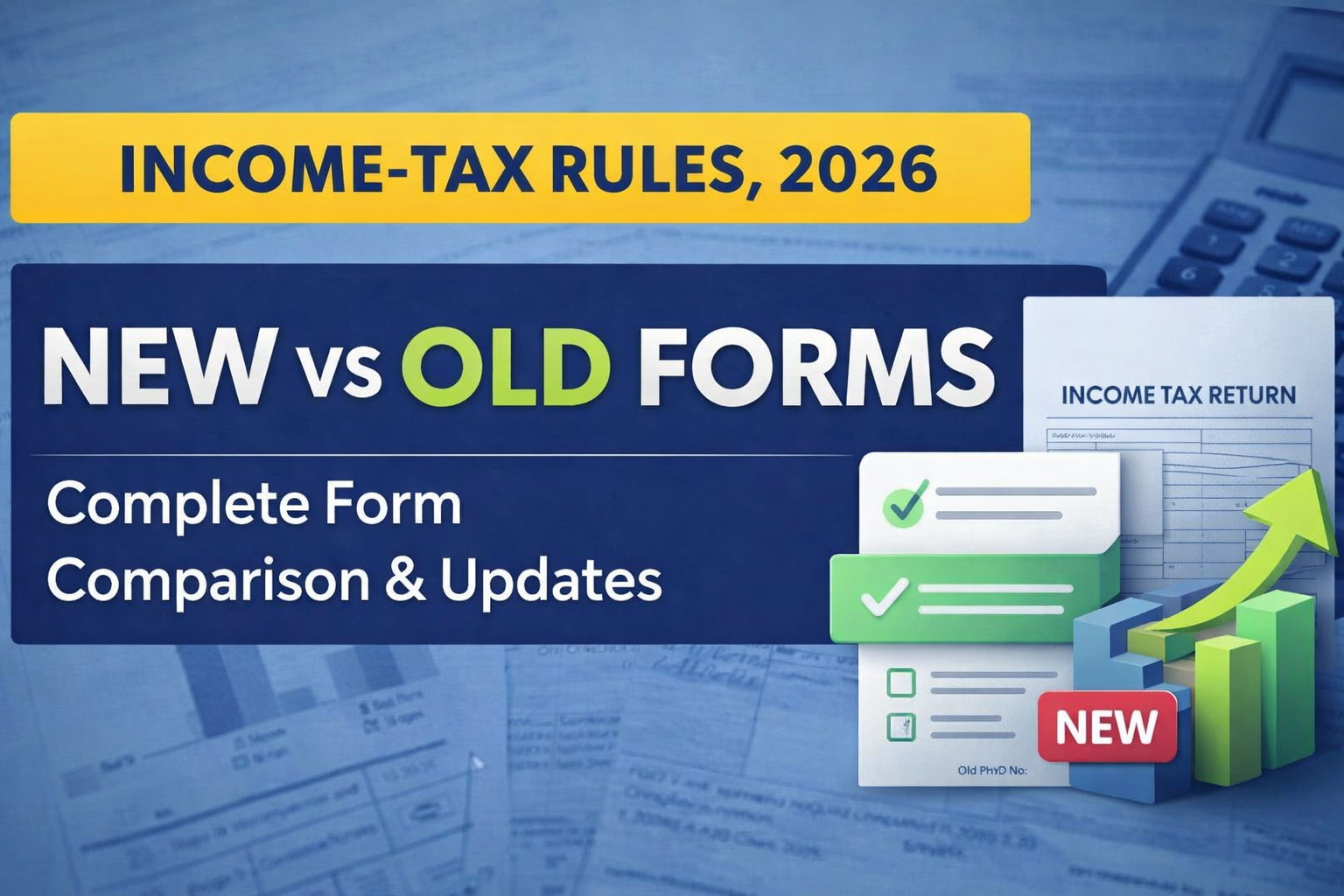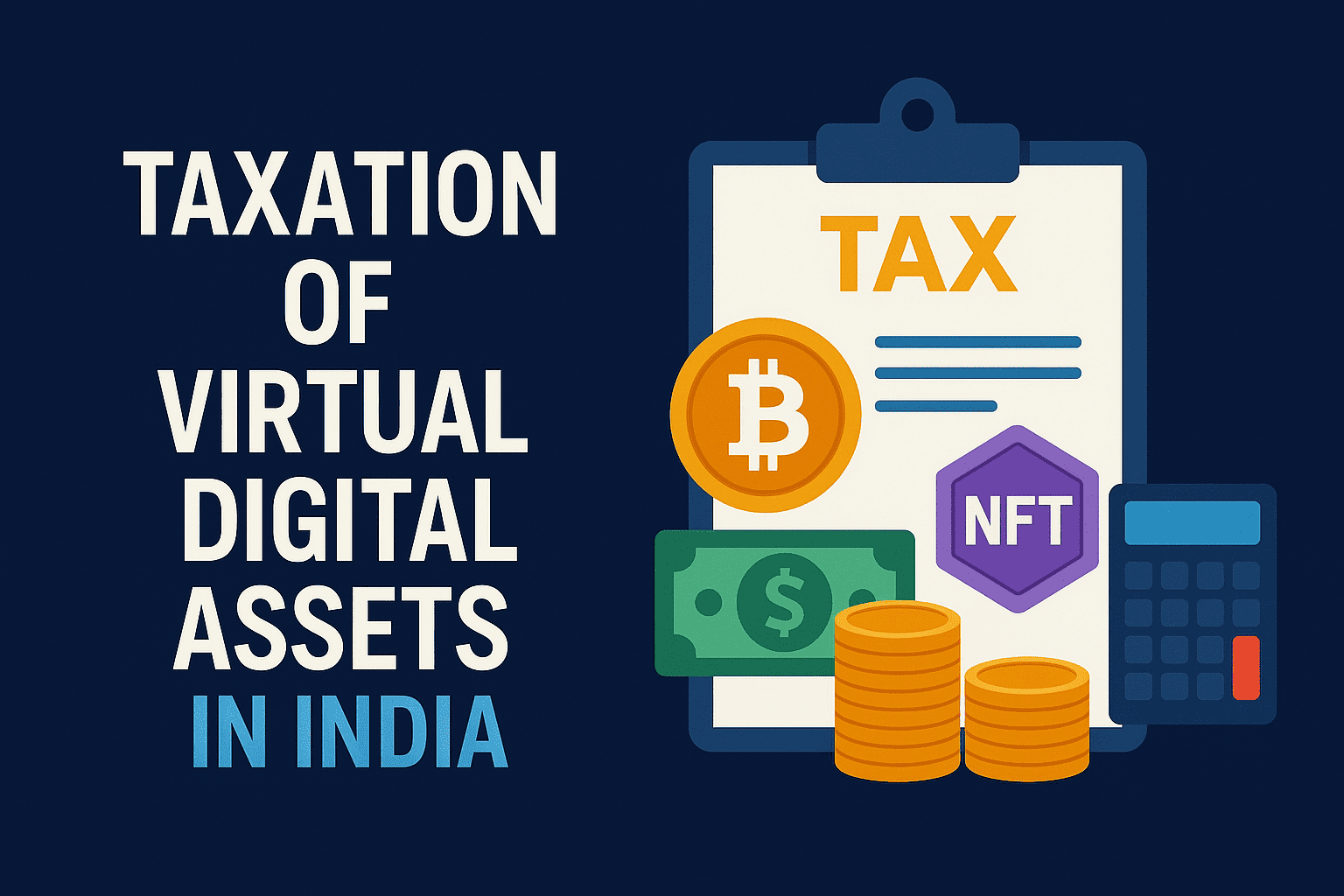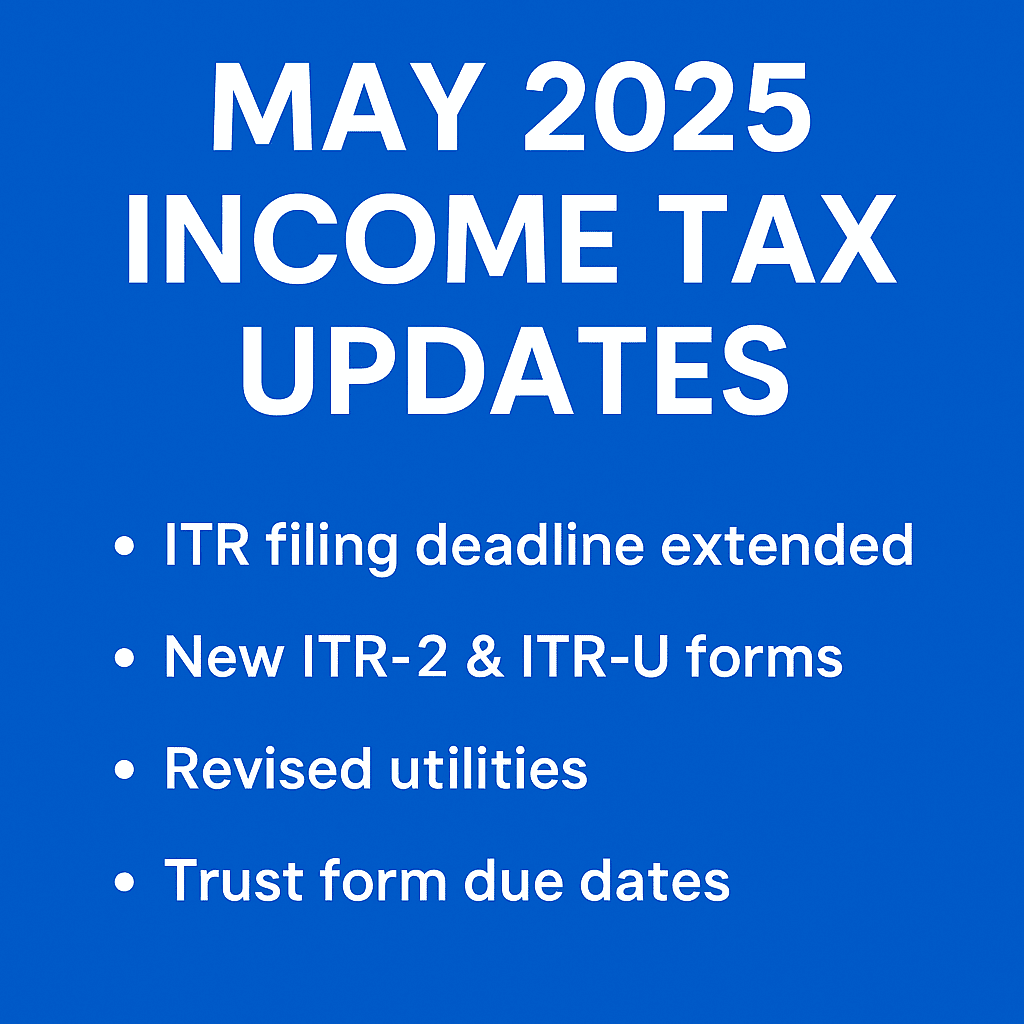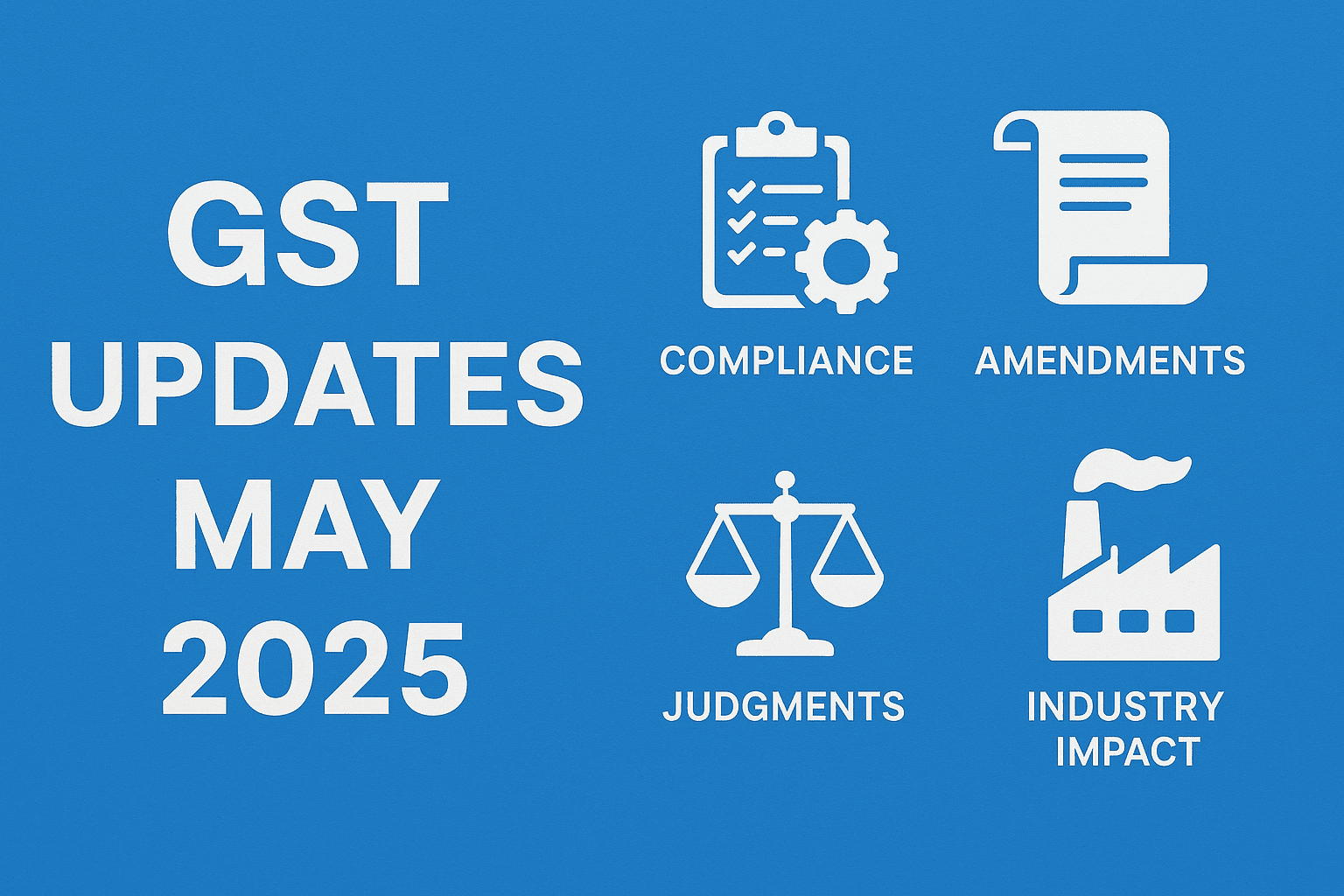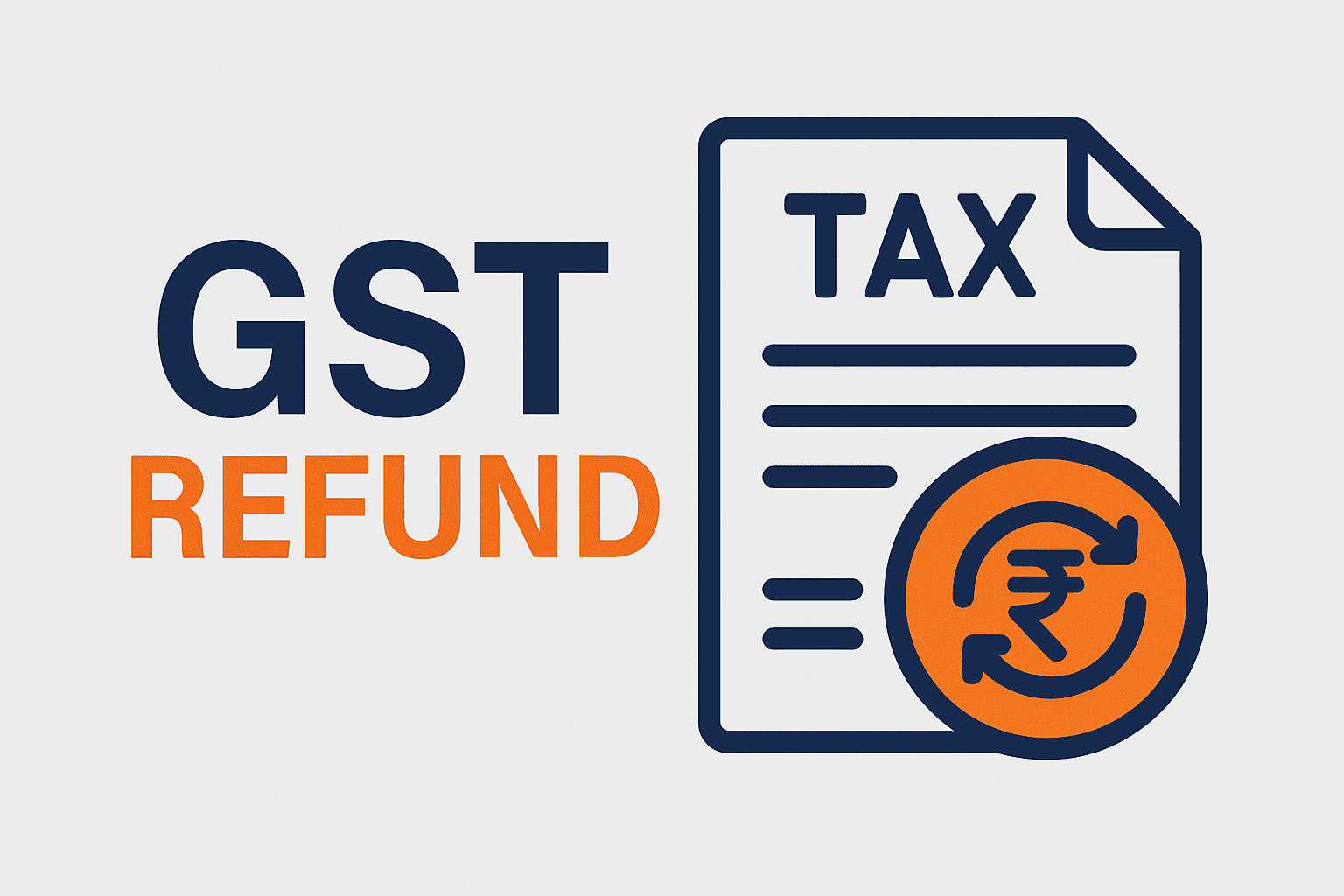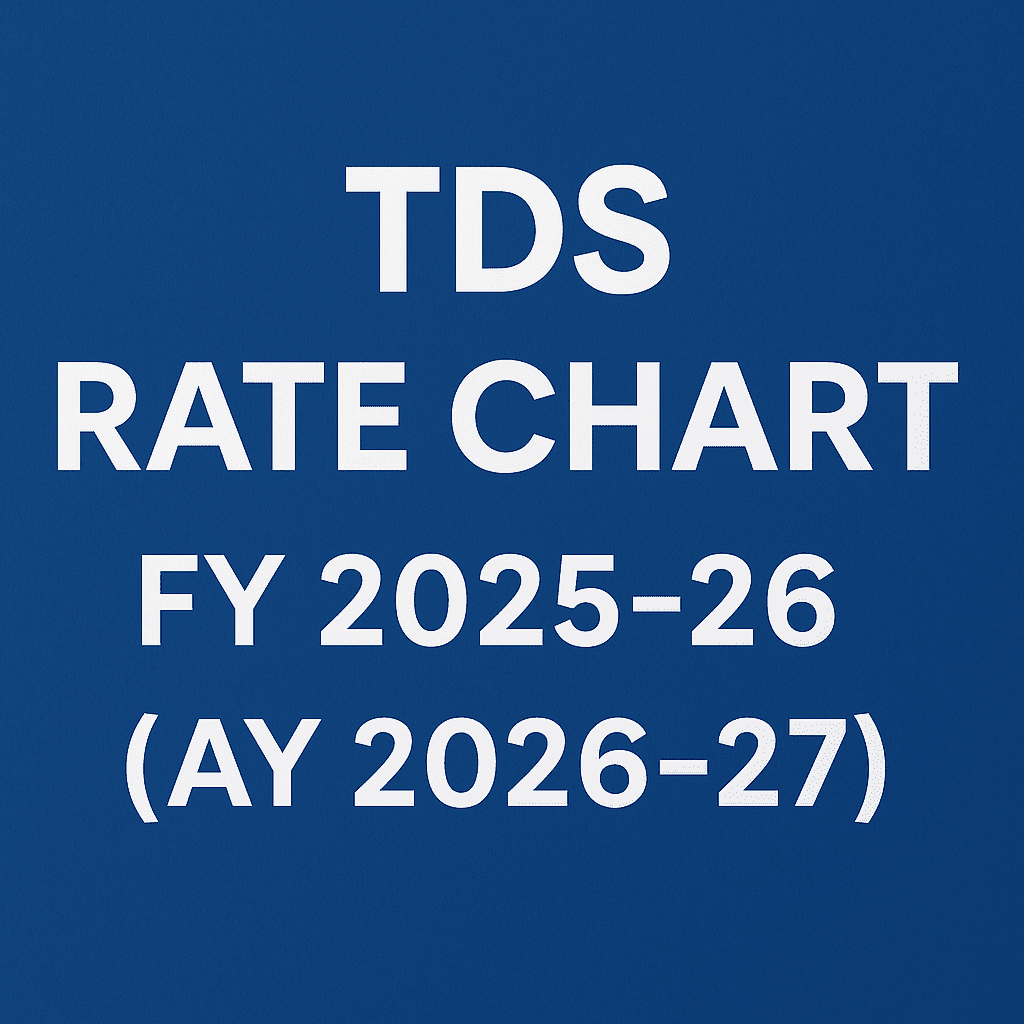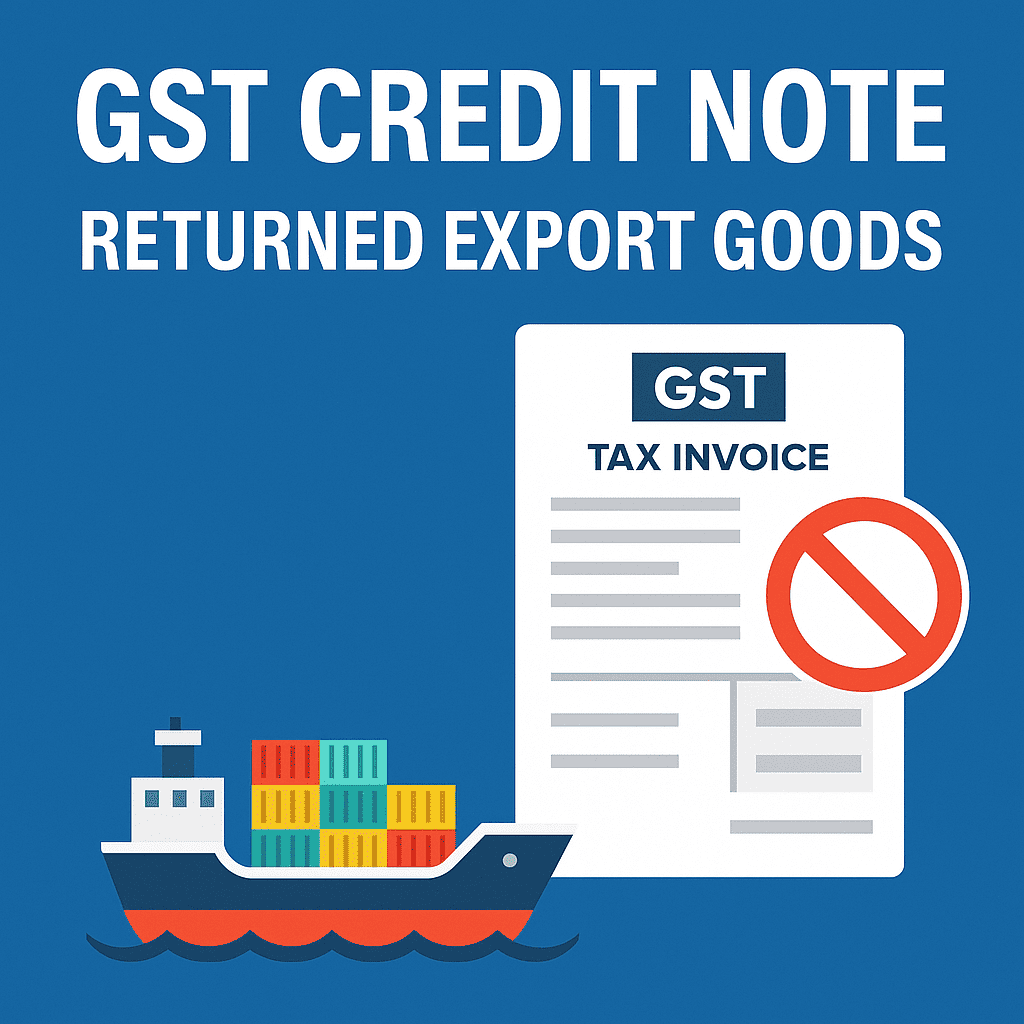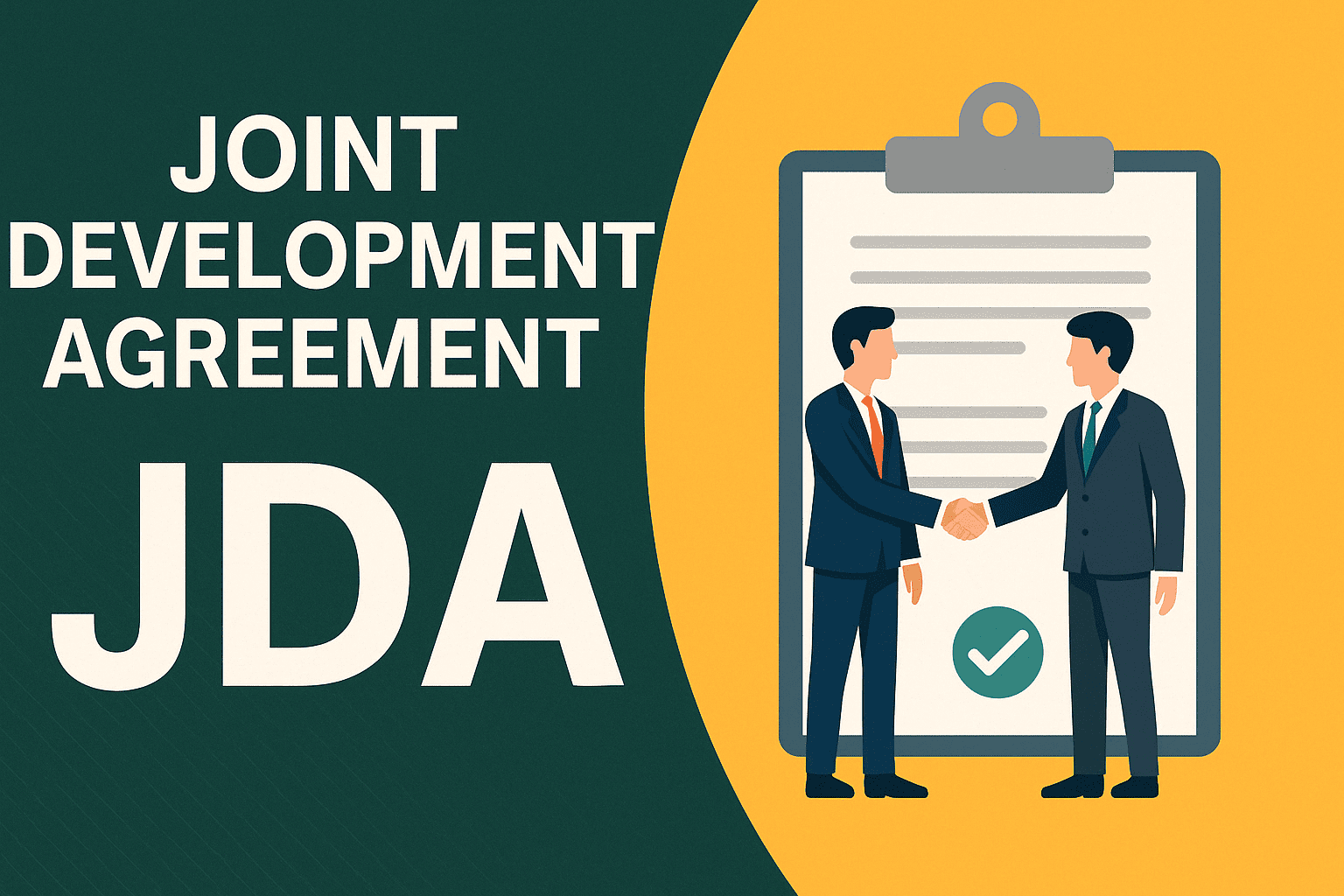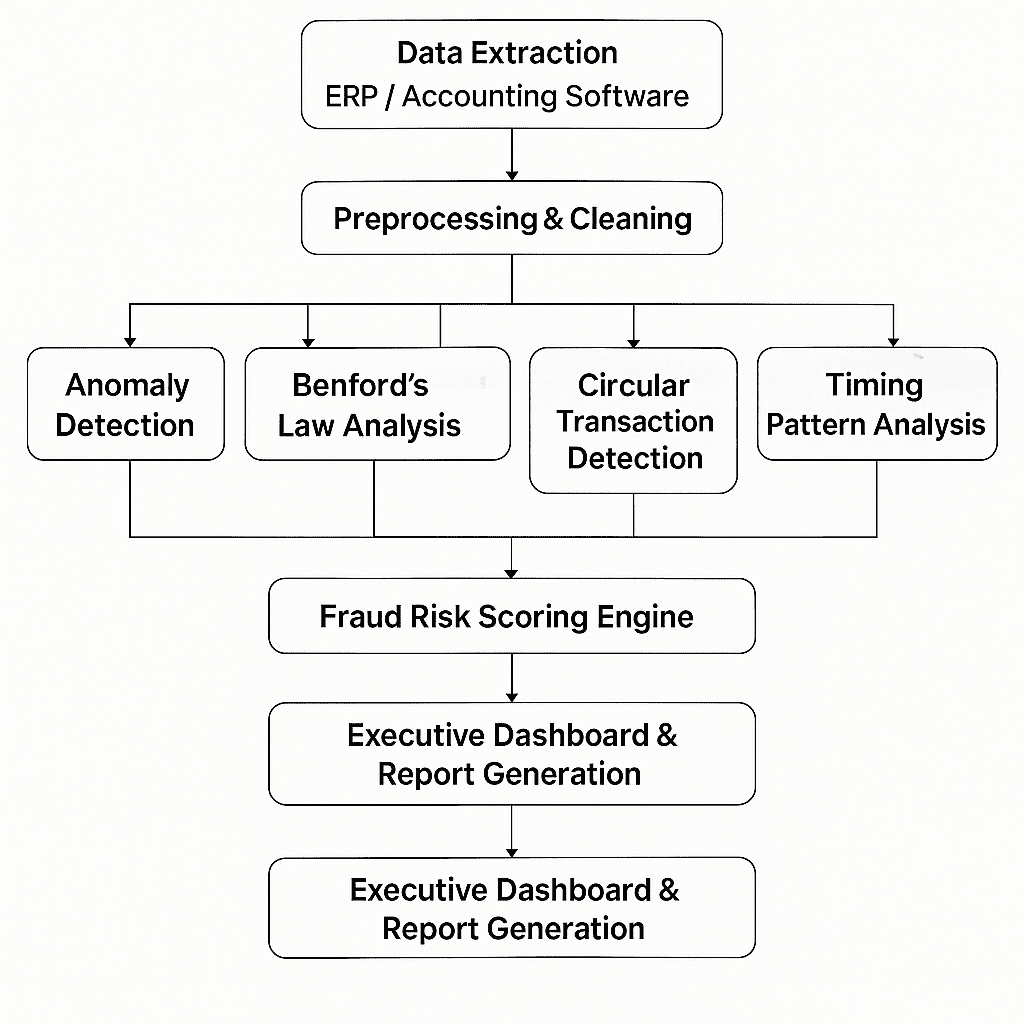Taxation of Virtual Digital Assets (VDA) in India
With the growing popularity of cryptocurrencies, NFTs, and other digital tokens, the Government of India has implemented a structured tax framework under the Finance Act, 2022 to regulate the taxability of Virtual Digital Assets (VDAs). This article breaks down the applicable provisions, tax rates, reporting requirements, and compliance obligations in a practical and professional manner for Chartered Accountants, Tax Professionals, and Crypto Investors.

